
Last December, restaurants and diners across the country partnered up with our DineSmart campaign to support people experiencing homelessness on their journey towards a place to call home.

Last December, restaurants and diners across the country partnered up with our DineSmart campaign to support people experiencing homelessness on their journey towards a place to call home.
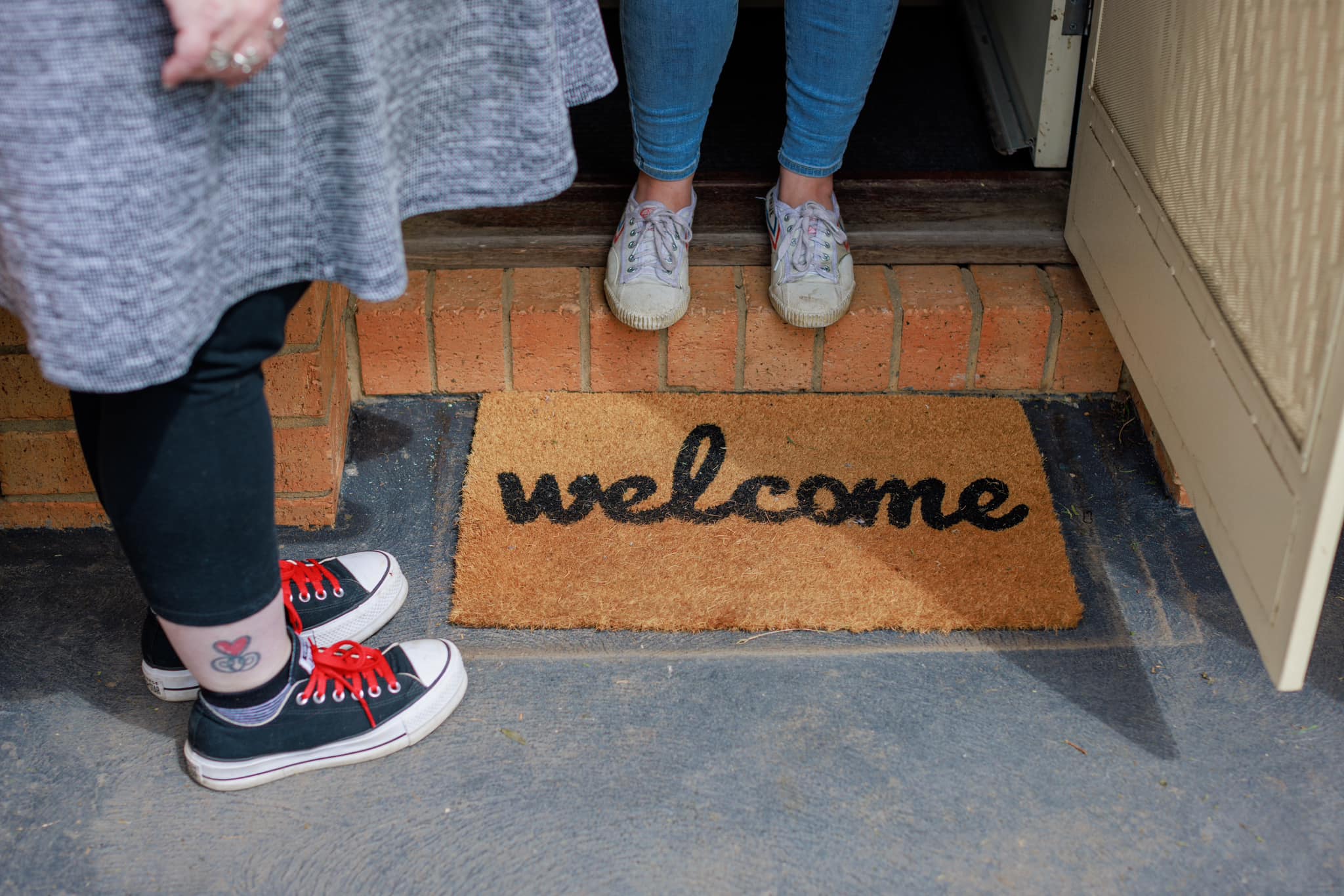
Faced with increasing rents, a chronic lack of affordable housing, and income support below the poverty line, vulnerable people are up against systemic barriers that limit their access to safe affordable housing. Through our End of Year Appeal, we rallied our community to raise funds and awareness for young people, those with pets, and Aboriginal and Torres Strait Islander communities.
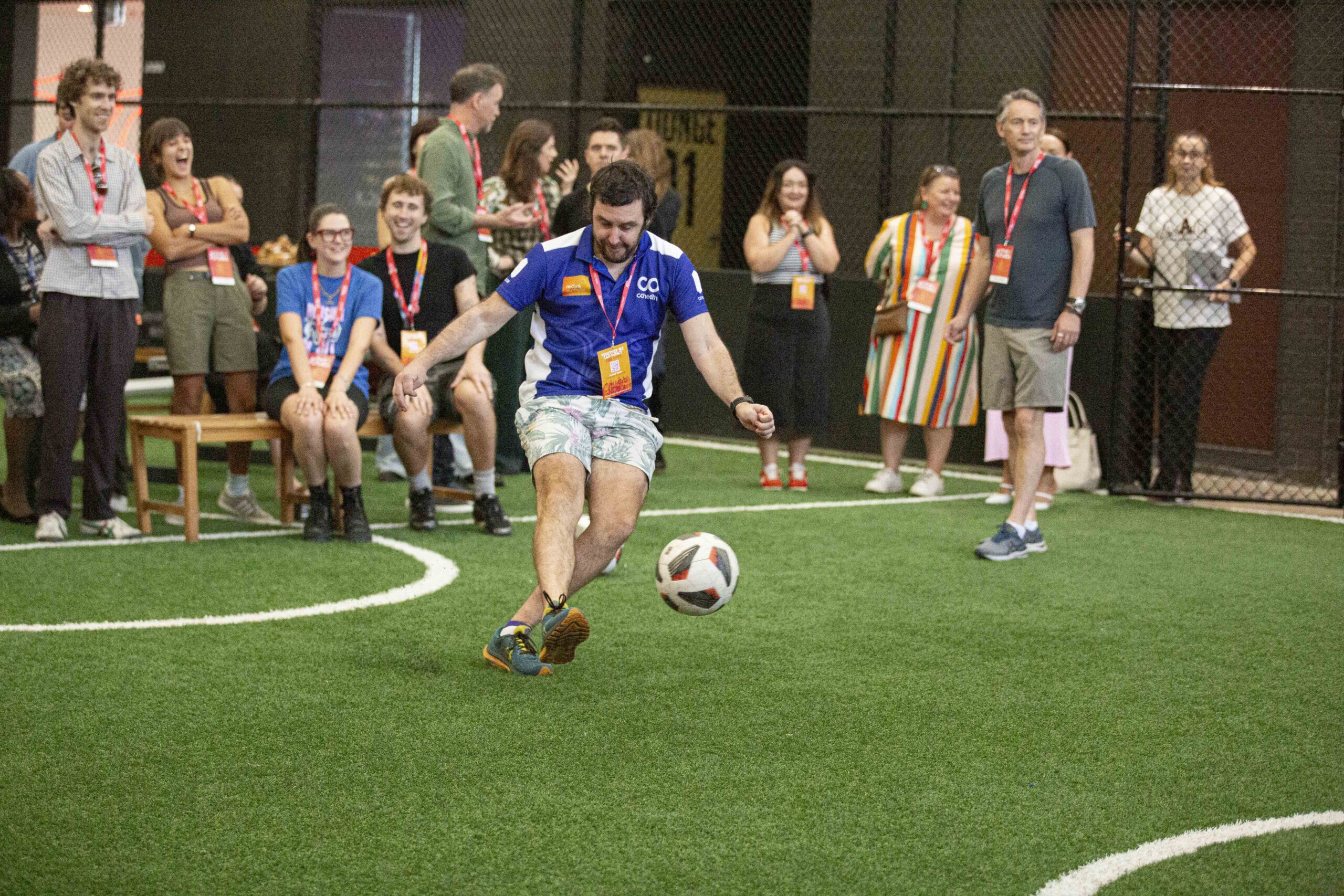
Active Futures has kicked off with a small inaugural grants round. The program creates opportunities for people to access sports and recreational activities that help reduce social isolation, build resilience, and improve health & wellbeing outcomes for those at risk
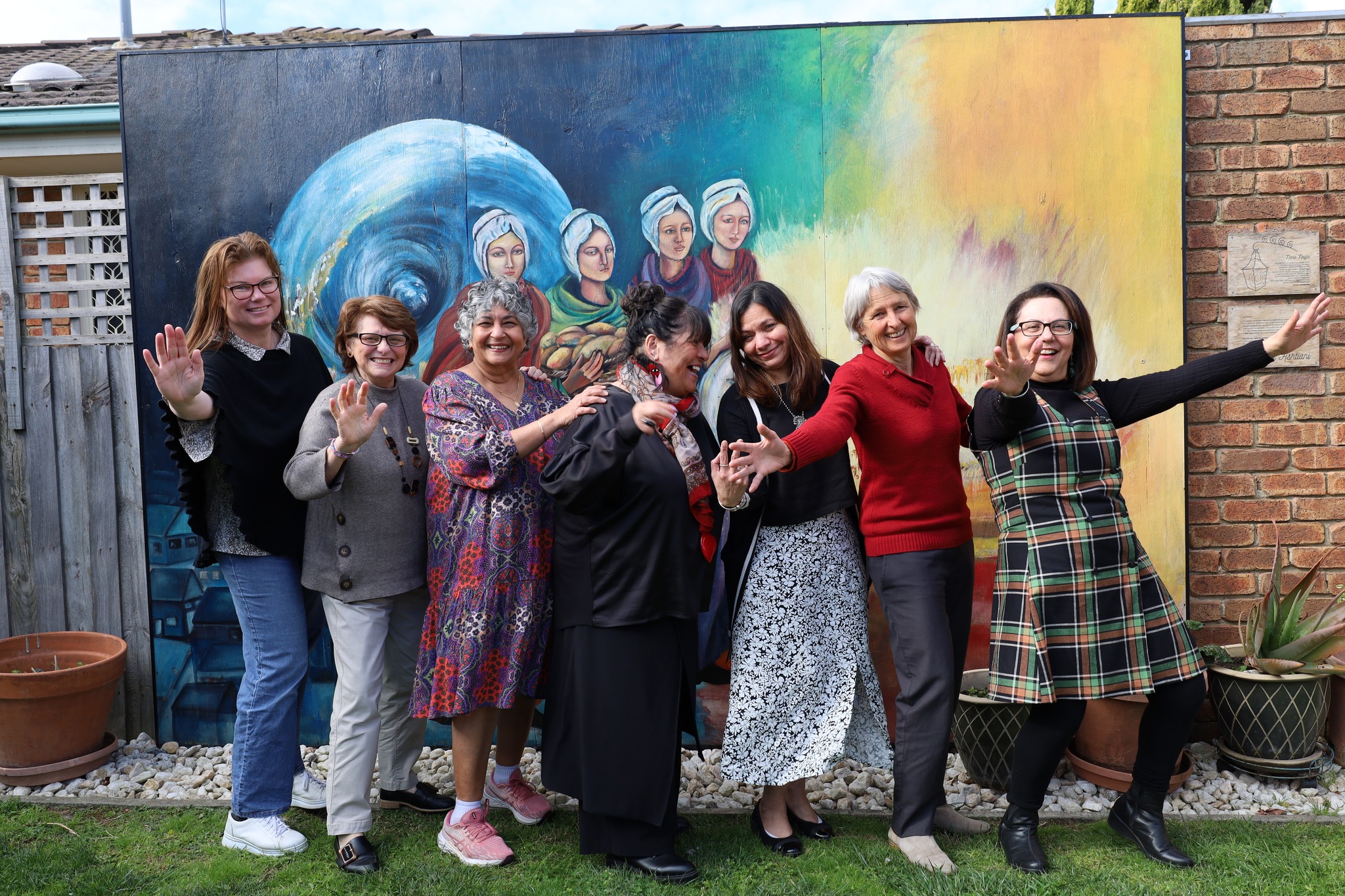
Often grappling with impossible decisions between homelessness or violence and poverty, women and gender diverse people increasingly have nowhere safe to turn. They face persistent and systemic barriers to accessing housing and often experience ‘hidden’ forms of homelessness. Our community raised funds through September and October and 15 grants have been distributed to respond to this growing need.
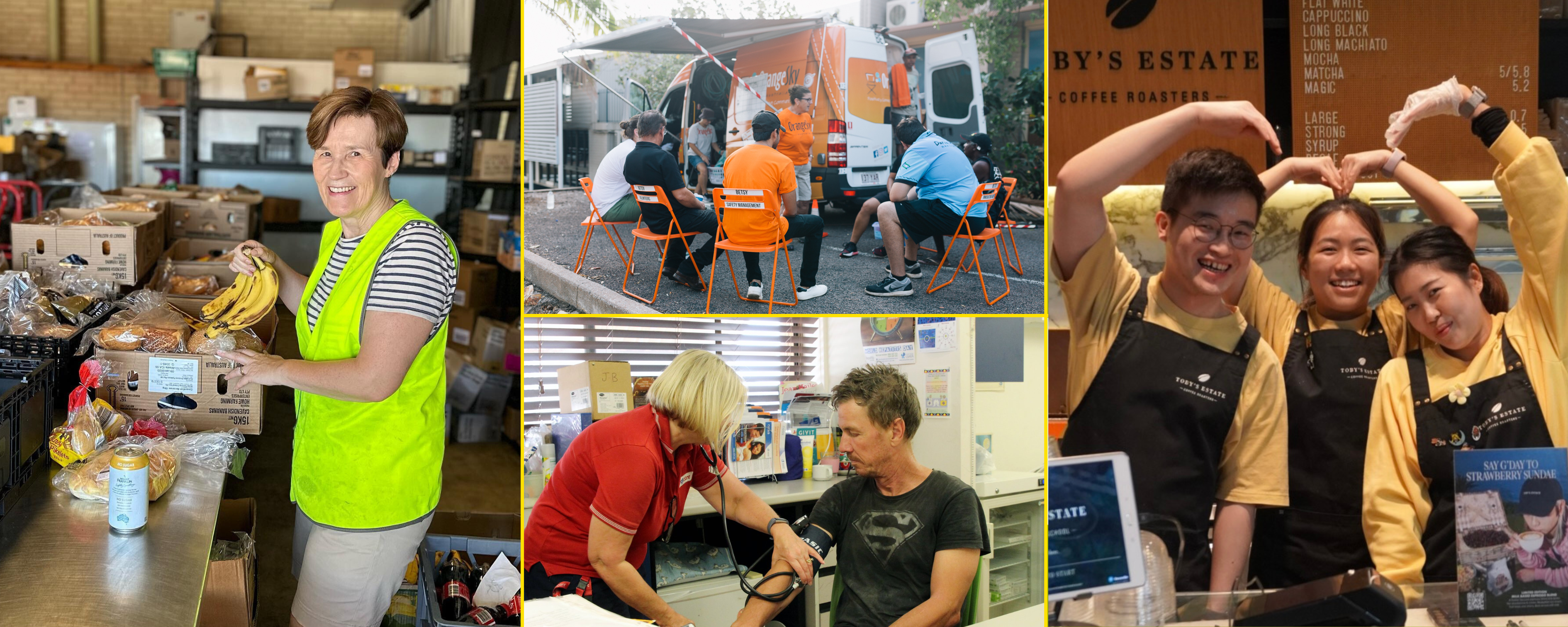
In August, as part of Homelessness Week, cafes across Australia turned into hubs of community action, raising funds to support those in their local area who are facing homelessness. CafeSmart 2024 showcased the incredible community-driven efforts of the Australian coffee industry, uniting 50 roasters, 800 cafes, an incredible network of industry sponsors, and of course thousands of coffee lovers and cafe goers in taking action on homelessness.
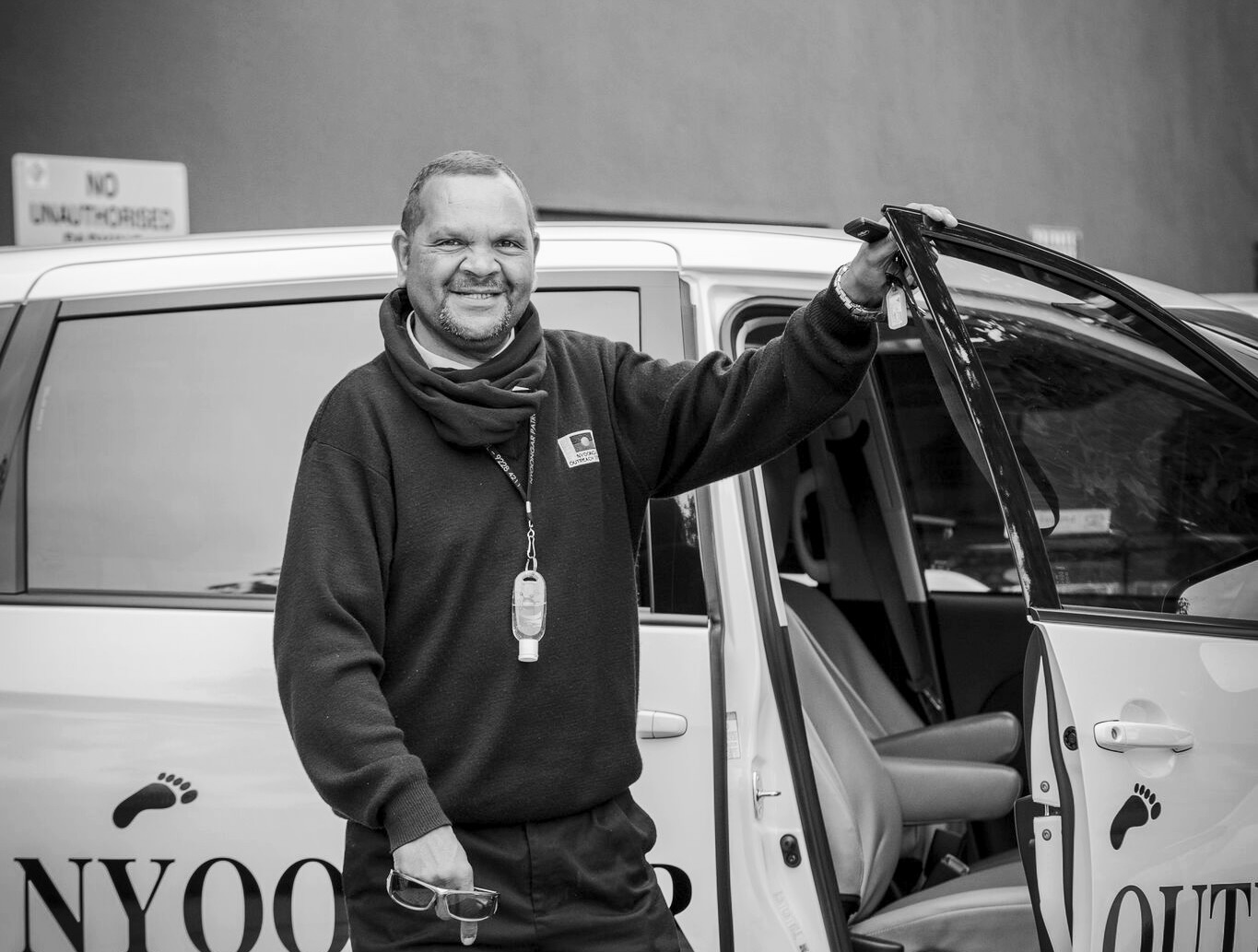
Rough sleeping is dangerous, traumatic, and often life-threatening. In July and August, the StreetSmart community focused on raising funds and awareness to support people sleeping rough, funding programs that care for their immediate needs and help to end their experience of homelessness.
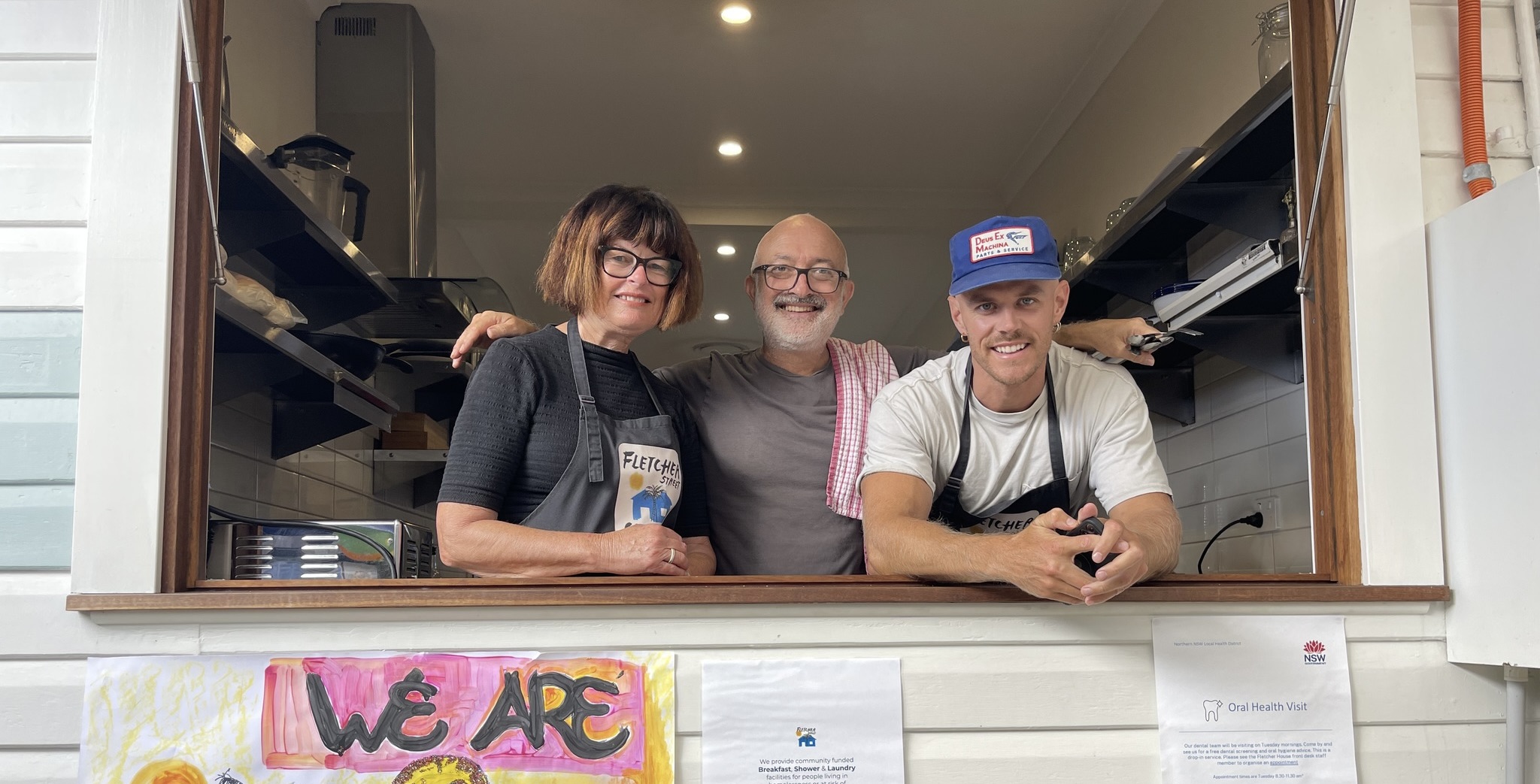
Our Winter Appeal, throughout May and June, was launched to respond to the rising numbers of people experiencing homelessness who are facing dangerous and difficult living conditions Thanks to our donor community, along with corporate and philanthropic supporters who took part, our collective efforts have resulted in $236,250 in grants to provide warm food, clothing, material aid, and housing support. Additionally, $313,984 in SleepSafe kits were distributed through our partnership with Sheridan to those facing homelessness and housing insecurity.
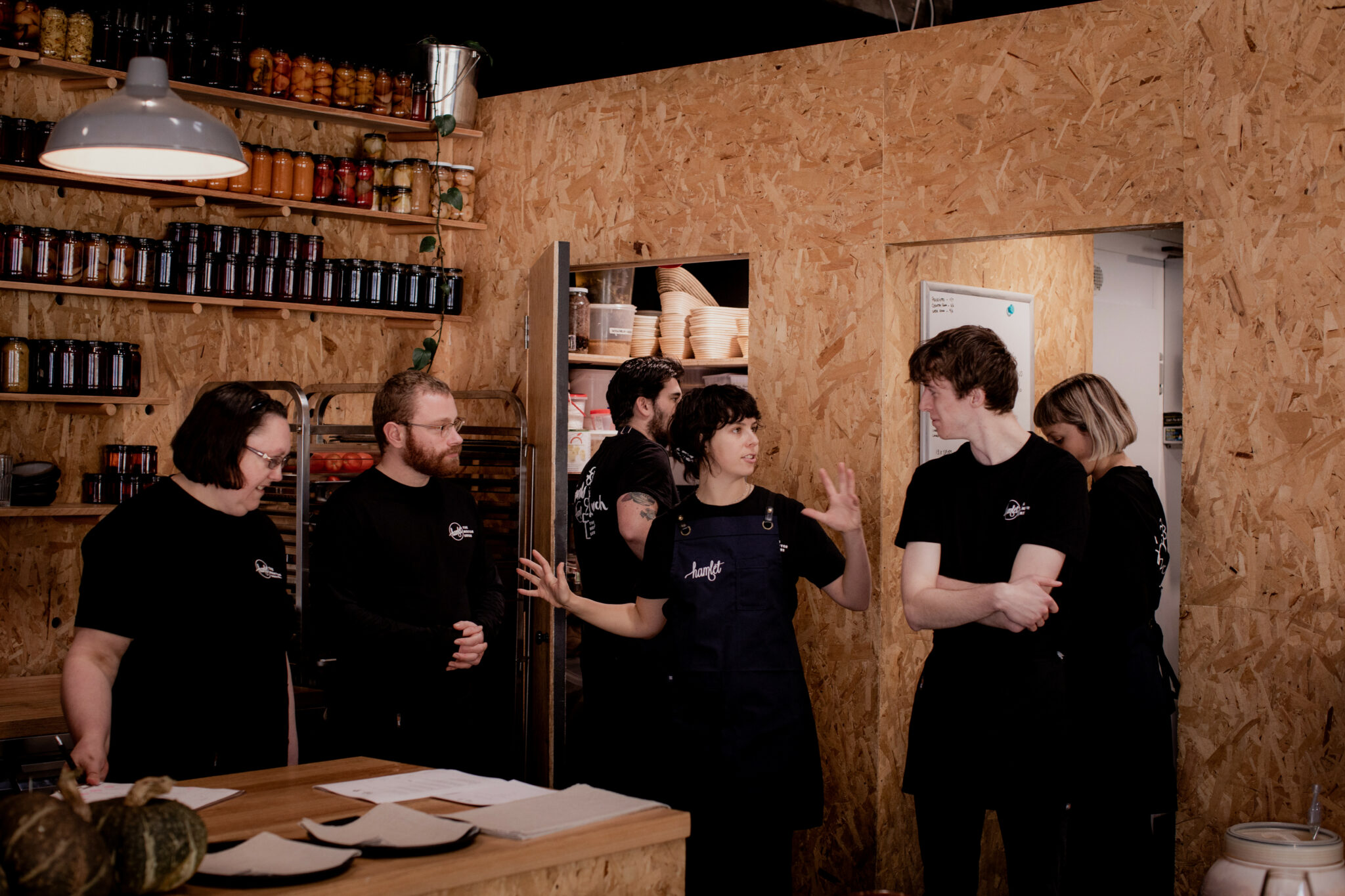
The Alternative Dairy Co have taken their Team Championship across the country, raising funds to provide hospitality based training and employment opportunities to at-risk cohorts. With a localised impact on the ground at each of the 7 locations, it’s a remarkable example of a corporate partnership that takes a whole of community approach to bringing about change for those in need.
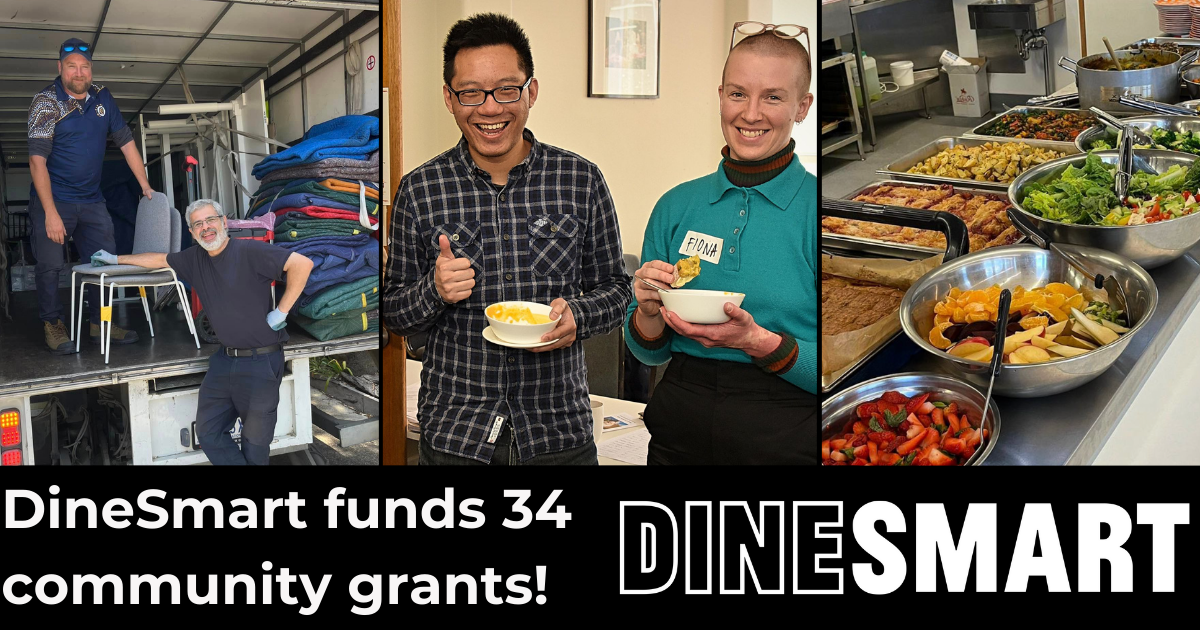
Throughout December, diners made a difference with their end of year meals and festive feasts. Collectively, restaurants and diners have generated $148,900 for grassroots homelessness services. At a time when demand for housing is so high, rates of rough sleeping continue to climb, and frontline workers are overstretched, this funding will bring immediate relief.

It’s been a whirlwind 5 months as TipJar Tours Australia. The Alternative Dairy Co have taken their Team Championship across the country, raising funds to provide hospitality based training and employment opportunities to at-risk cohorts.